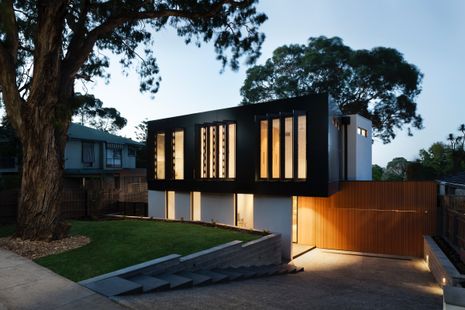|
Auction Market Strong Again
The auction market is continuing to perform well, with clearance rates surpassing 70% for the second week in a row.
CoreLogic figures show the national clearance rate hit 74.4% last week across the combined capital cities.
Adelaide had the highest clearance rate of 80.8%, followed by Sydney, 76.2% and Melbourne, 75.7%.
Canberra’s clearance rate was 77.2%, followed by Brisbane, 56.5%.
CoreLogic says auction volumes were low with 1673 homes going under the hammer last week, which was 42% lower than the same time last year.
It says the lack of stock coupled with unprecedented population growth and the rental crisis is creating a sense of Fear Of Missing Out in the market, which is helping to drive prices higher.
As a result, CoreLogic’s daily dwelling values index has rebounded 2.2% from its February low across all major capital cities.
Sydney had the highest value increase of 3.8%, followed by Perth, 1.7%, Brisbane, 1.3%, Melbourne, 0.9% and Adelaide, 0.3%.
|










